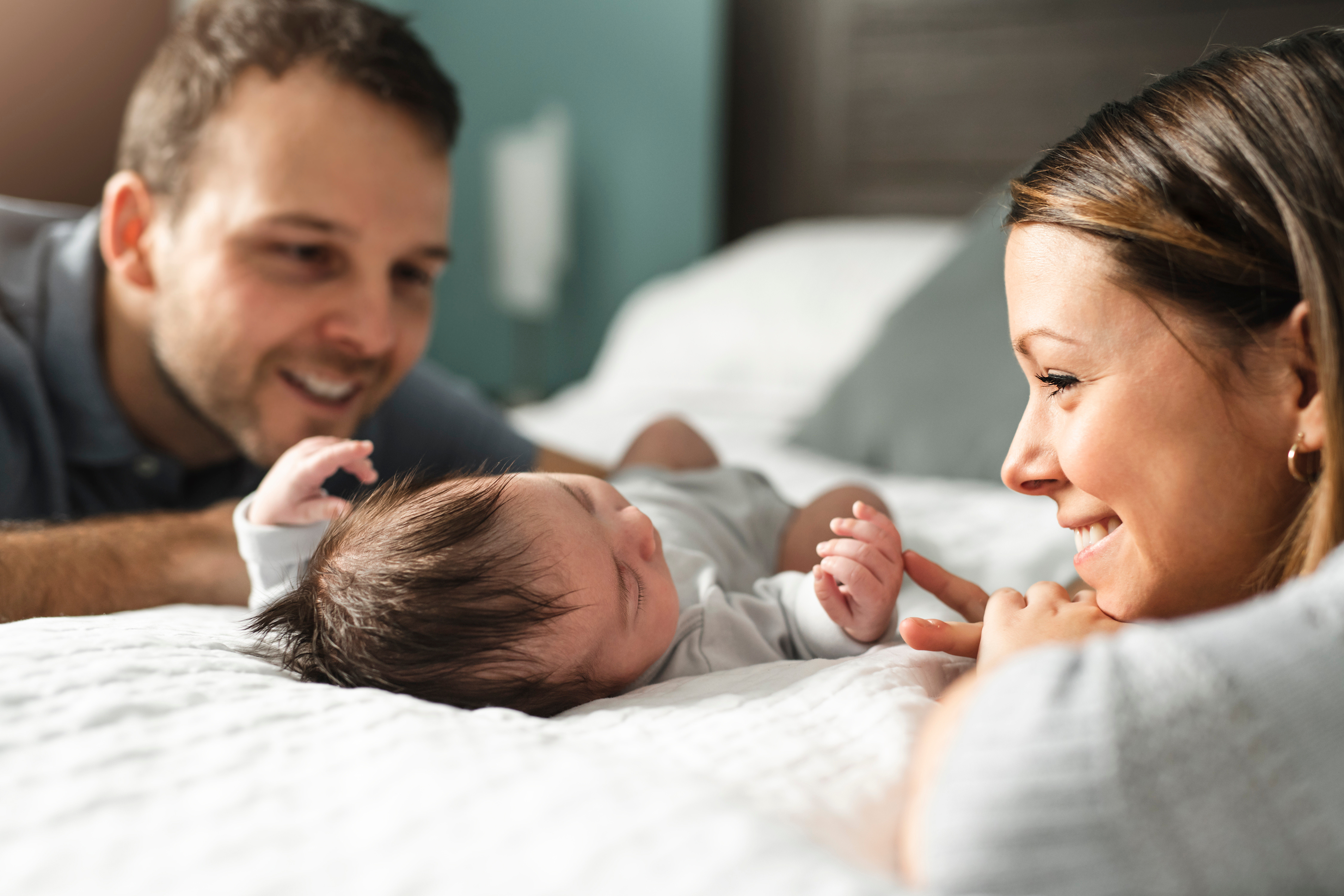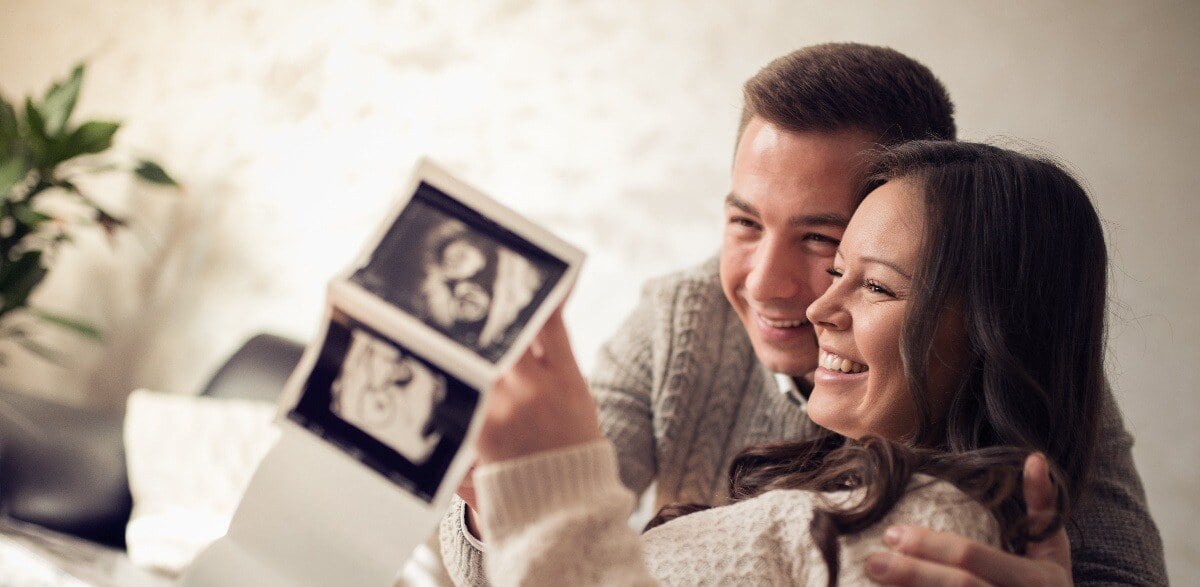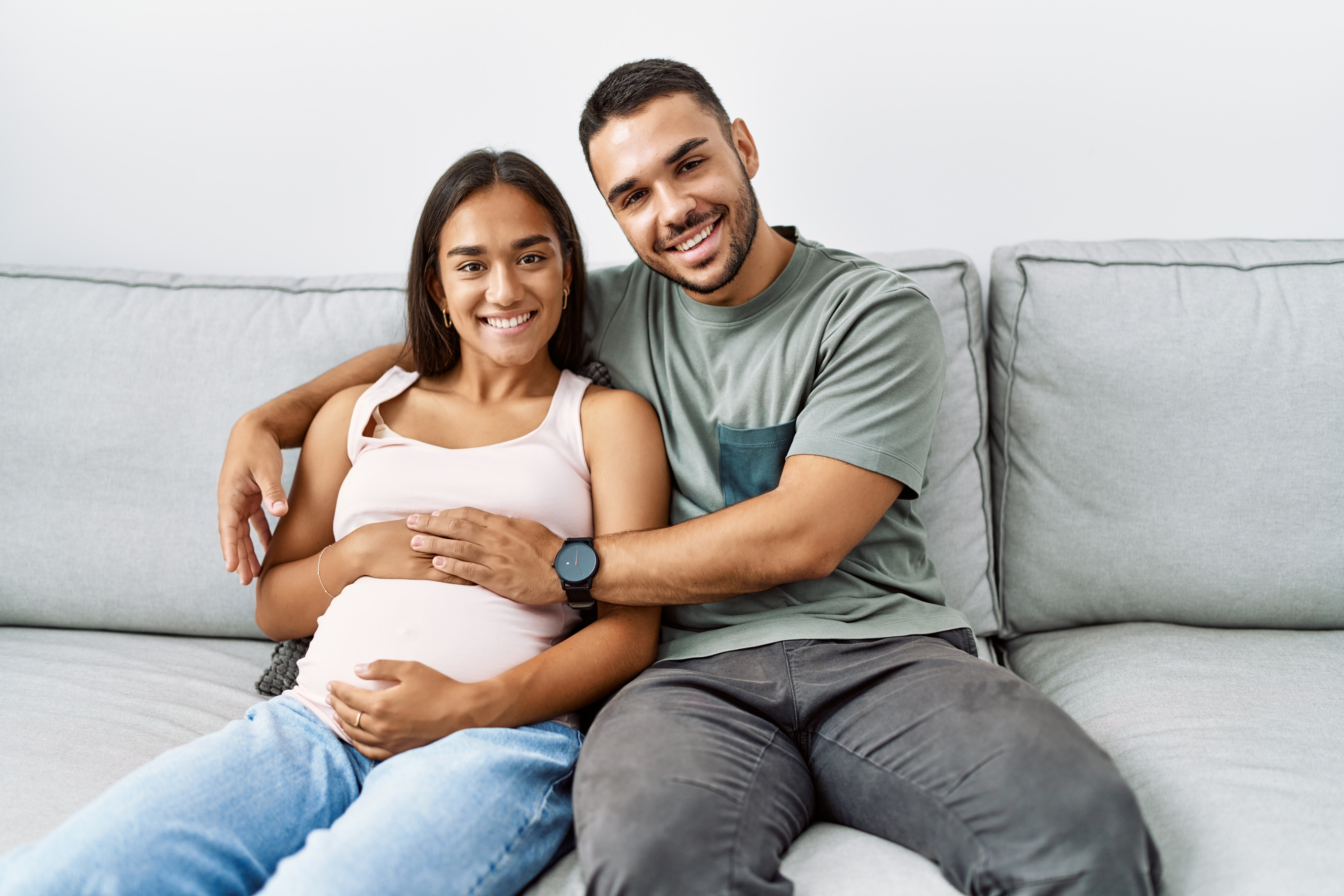Published
Isn’t it dangerous? Will you get your AARP card before your kid graduates from high school? Won’t you feel weird around all the young parents?
These are some of the questions that are asked of women who get pregnant later in life. Even worse, pregnancies that occur after age 35 are sometimes still referred to as elderly primigravida or multigravida, or geriatric pregnancies. Most commonly, you'll hear pregnant women over 35 referred to as being of "advanced maternal age."
Fortunately for everyone who has decided to delay their family building until later in life, advances in reproductive technology and medicine (as well as more proactive family planning services!) has increased the window that a woman can safely carry a pregnancy. Whatever you are planning - and whatever age you are now - it is important to understand the relationship between fertility and age.
Decline in Quantity and Quality
Since the first successful IVF birth the in the 1970s, there are more elements of biology and fertility that can be influenced or controlled than ever before. That doesn’t change the fact that both eggs and sperm are affected by age.
Egg quality and quantity begin to decline in a woman’s mid to late 30s. Studies show that in general a woman's ability to become pregnant starts to slowly decline near the age of 27, and then significantly after a woman turns 37.
.png?width=480&name=Father%20and%20baby%20(2).png)
Even though much more attention is placed on women in their 30s, 40s, and 50s getting pregnant, age affects men and their sperm as well. Some studies have shown that when paternal age is over 40, there might be a small increase in the risks of adverse pregnancy outcomes or risks to children's health,” with some connection to autism, schizophrenia, and other rare birth defects.
The combination of these factors can make conceiving and carrying a pregnancy to full term more challenging the older you get, but not to worry. Some simple proactive planning can expand your timeline for becoming a parent!
Keep Your Options Open
While conceiving naturally gets more challenging with age, there is a lot more that you can do in 2018 than you could in the past to make it possible to get pregnant.
There have been important advances in egg retrieval and freezing technology, which means that women can preserve their younger eggs (or embryos) to be used later in life. Recently Janet Jackson, Brigitte Nielsen, and Senator Tammy Duckworth all gave birth over 50. The oldest verified pregnancy was carried by a 66-year-old woman! If you're not sure when you'll want to or be able to grow your family, you should consider preserving your eggs or embryos so you always have the option of having a child of your own.
How Old Is Too Old To Have A Baby?
The answer is: it depends.
Every family is different, but with medical support and monitoring, it may be possible to have a healthy pregnancy and baby much later in life than ever before. If you’re planning for the future - or are just interested in learning more about your options - schedule a fertility assessment appointment with one of our specialists today!




